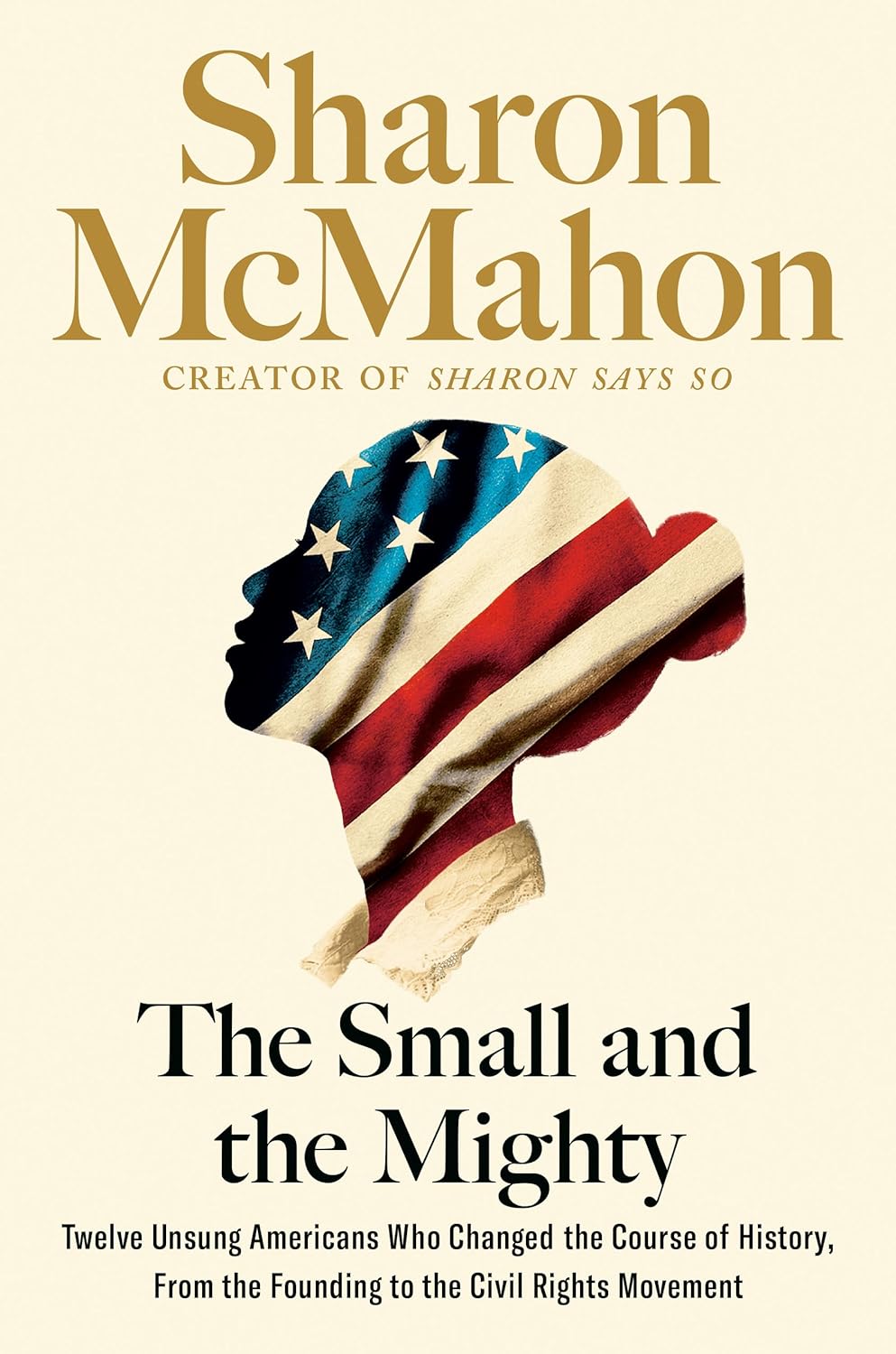Chapter 15: William James Edwards_Alabama, 1869
byChapter 15 introduces the life of William James Edwards, born at the close of the Civil War in Snow Hill, Alabama, just after his family was emancipated from enslavement. Originally named Ulysses Grant Edwards, he was renamed William by his grandmother after his mother passed away. During childhood, William faced a severe illness that led to the death of parts of his bones, leaving him with limited mobility. As a result, he often had to crawl rather than walk. After his grandmother’s death, William was left in the care of his aunt, Rina, who struggled with financial hardships. Despite these difficulties, William spent much of his time alone, teaching himself to read and perform arithmetic, developing a strong sense of independence from a young age.
Rina, determined to care for William, pleaded with the local community for medical help. One Sunday, while overhearing the adults discuss his condition, William heard that he might be sent to a poorhouse, which filled him with despair. After a week of uncertainty and hopelessness, his health improved unexpectedly. With Rina’s persistence, she eventually saved enough money to take William to Dr. George Keyser, who began treating him. Dr. Keyser, recognizing the severity of William’s condition, performed several operations that allowed him to regain mobility. Over the next four years, William worked tirelessly, picking cotton to earn money for further treatments and education. This effort eventually led him to the Tuskegee Institute, where he pursued a teaching career and began planning his own educational institution.
While working on outreach for Tuskegee, William met Anna Jeanes, who became interested in his story and educational vision. Moved by his determination and goals, Anna generously provided financial support to help him build a school in Snow Hill. Her ongoing support led to the creation of the Jeanes Fund, which aimed to improve education for rural Black children in the South. Anna’s approach was progressive, advocating for mixed-race governance of the fund, which allowed local communities to have a say in how resources were allocated. The Jeanes Fund became a vital tool in the fight for educational equity, offering funding for schools that were severely under-resourced. This initiative, along with William’s leadership, helped bring education to countless Black children in rural areas, providing them with opportunities that were previously unavailable due to systemic segregation.
As William and Anna worked to improve educational opportunities, they faced numerous obstacles, particularly due to the deeply entrenched racial segregation in the South. The Jeanes teachers, who were committed to the cause of education, faced constant challenges, including hostility from segregationists and threats from groups like the Ku Klux Klan. Despite these dangers, they remained dedicated to uplifting their communities, demonstrating unwavering resilience in the face of violence and discrimination. Their efforts were particularly vital during the Civil Rights Movement, when systemic racism continued to dominate the educational landscape. William Edwards and Anna Jeanes played crucial roles in empowering African American communities, emphasizing education as a powerful tool for progress and social change. Their work reflects the importance of perseverance and hope in the ongoing fight for equality and opportunity for all, a legacy that continues to inspire future generations.
Through their efforts, William Edwards and Anna Jeanes demonstrated the lasting impact of education in combating inequality. Their legacies highlight the critical role of educational access in fostering progress, especially in marginalized communities. Despite the immense challenges they faced, their commitment to education paved the way for future advancements in civil rights and social justice. Their work serves as a reminder that every generation carries the responsibility to continue the fight for equality, ensuring that future opportunities are available to all, regardless of race or background.

